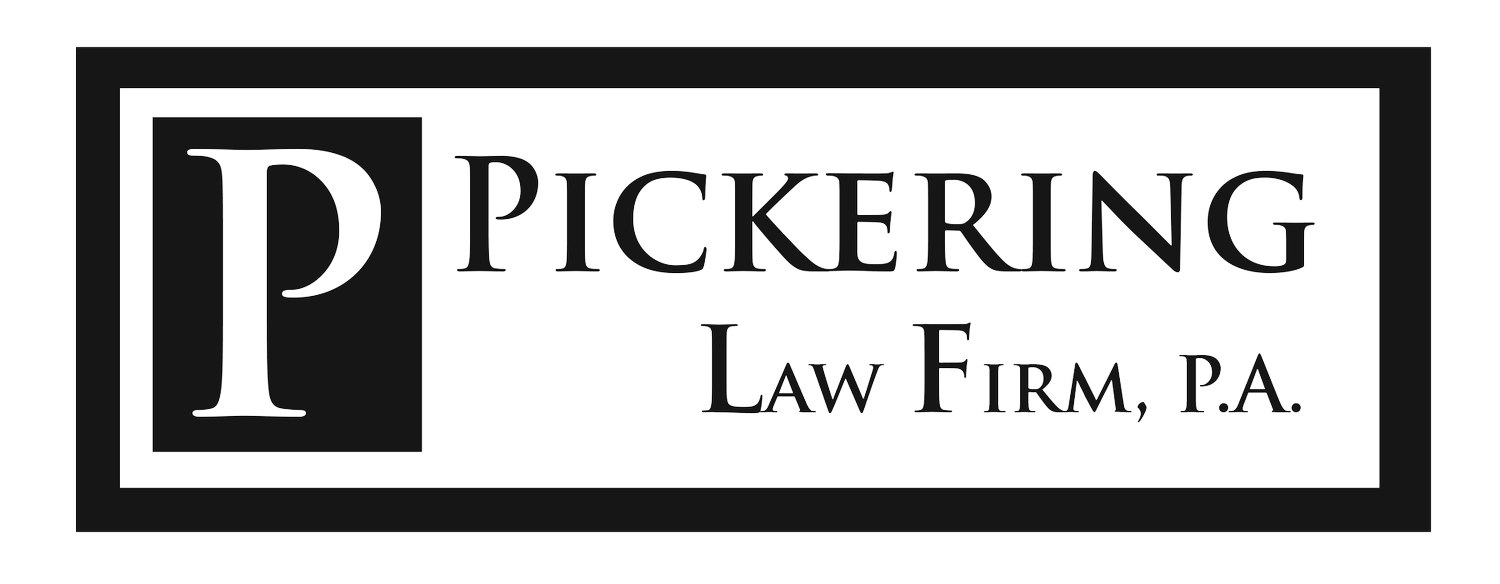
Choosing an Attorney for Non-Competition Non-Solicitation Matters
When choosing an attorney to deal with non-compete and non-solicitation issues, consider the following factors:
Specialization: Not all attorneys specialize in business law, and even fewer specialize in the specific issues of non-compete and non-solicitation agreements. Look for an attorney with proven experience in these areas.
Experience: The attorney should have a track record of handling similar issues successfully. They should be familiar with how courts in your jurisdiction have ruled in similar cases.
Local Knowledge: Non-compete and non-solicitation laws vary by state. An attorney who is familiar with the laws of the state where your business operates is crucial. They should be aware of the nuances of the law in your area.
Understanding of Your Business: It helps to work with an attorney who understands your industry and your business's specific needs. They should understand the roles of the employees subject to the non-compete or non-solicitation agreements, and why those agreements are important for your business.
Communication Skills: Your attorney should be a good communicator, both in writing and verbally. They need to be able to explain complex legal concepts in layman's terms and to write clearly and persuasively.
Negotiation Skills: Since many non-compete and non-solicitation issues can be resolved without litigation, your attorney should be an effective negotiator.
Litigation Experience: If negotiation fails, you need an attorney who can successfully represent your interests in court. Look for an attorney with a good track record in litigation.
Billing Structure: Before hiring an attorney, understand how they will bill you. Will it be a flat fee, an hourly rate, or a contingency fee? Make sure you're comfortable with their fee structure.
Availability and Responsiveness: Your attorney should be available to you when you need them, and they should respond promptly to your queries.
Client Reviews and References: Look for reviews or ask for references from the attorney's past clients. This can provide insight into the attorney's professionalism, work ethic, and effectiveness.
Professionalism and Trust: You should feel comfortable discussing confidential matters with the attorney. They should come across as professional, ethical, and reliable.
Capacity: Ensure the attorney or their law firm has the capacity to handle your case. If they're too busy with other clients, they might not give your case the attention it deserves.
Remember, choosing an attorney is an important decision. Take the time to research, interview potential candidates, and select the attorney who best fits your needs and expectations.
